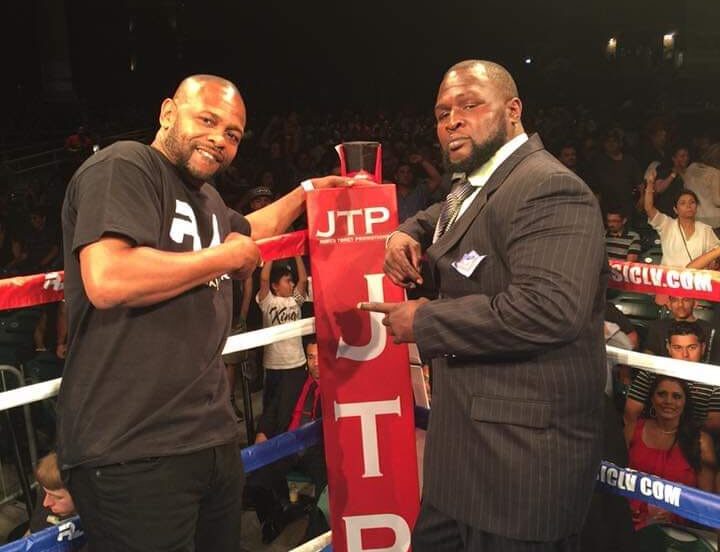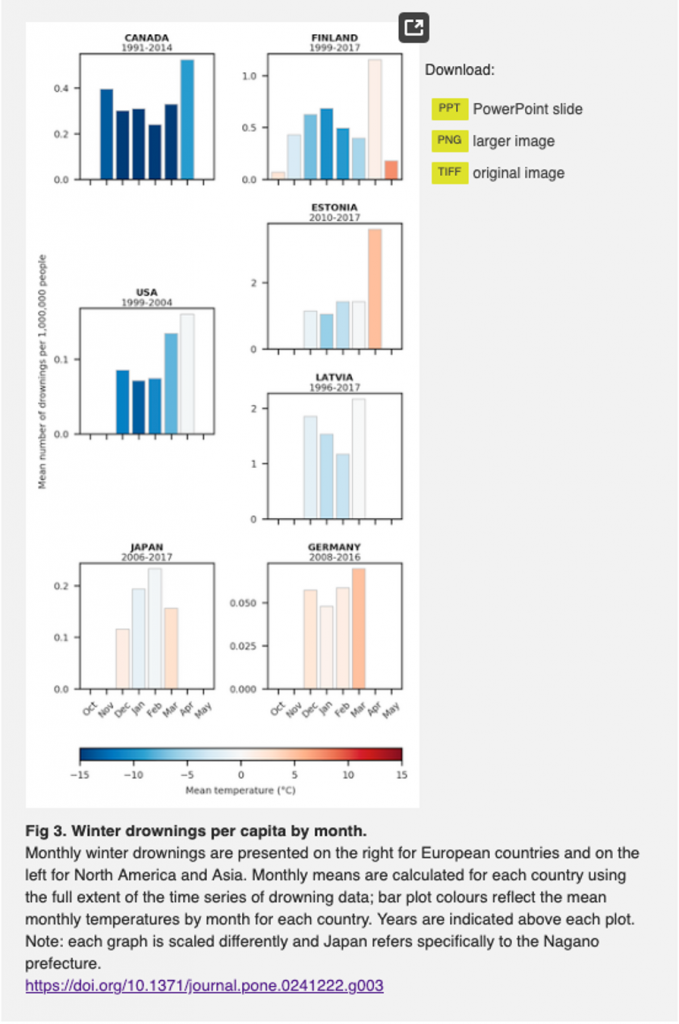Letter to the Editor: Will the Black Community Get Shut Out from COVID Vaccination?
By Stacey Brown, NNPA Newswire
The first wave of coronavirus vaccines should reach the public this week, with the Centers for Disease Control and Prevention (CDC) recommending that all adults receive the vaccination in 2021.
While the CDC said there should be enough doses for as many as 20 million people to receive vaccination by the end of December, health officials expect a much larger supply in the coming months.
Still, with a justified distrust of unproven vaccines, and a perceived limited participation by African Americans in clinical trials that lead to the development of the COVID-19 vaccine, many question whether African Americans will accept vaccination.
Others are also concerned that, even if the Black community generally accepts the vaccine, would doses be available.
Distrust among the community
“I’m guessing white folks will be first in line,” Monica Roderick, a Temple Hills, Maryland mother of four, opined.
“One of the reasons I shudder when I hear people talk about how Black people are still suspect because of the Tuskegee Experiment and other vaccines that ended wrong is because it tends to give other folks the greenlight to leave us out,” Roderick said.
She continued:
“This virus is the worst thing the world has seen in 100 years.
“It’s too important not to consider the vaccine, especially since most people affected by the coronavirus are Black and Brown.”
Putting whether the Black community can trust the vaccine aside, the next controversy on the immediate horizon is whether African Americans will have access.
The initial supply certainly will overwhelm demand, CDC officials said. The federal government plans to distribute the vaccine in phases.
Health care workers and patients in long-term health care facilities are first in line.
According to guidelines, senior citizens and those with high-risk comorbidities and essential workers are next.
After that, state and local government officials will determine who next receives a vaccination.
No plan to reach the Black community
So far, most states have yet to develop a concrete plan.
The outline reportedly provided suggested no explicit details about reaching marginalized populations like the Black community who have suffered the most.
“I’m looking at social media, and I’m seeing [Former President] Barack Obama saying he’ll take the vaccine on television, and I’m shaking my head,” said Tonia Everhart, a Northeast, Washington, D.C., nurse.
“First, understand that Obama isn’t necessarily the most trusted voice in the Black community, and he’s not a doctor.
“While I understand what he’s trying to do to encourage participation and eliminate fear, our community needs Black medical professionals, trusted voices, to say it’s okay to take the vaccine and then we need to be assured that we are not going to be left behind when the vaccine becomes available,” Everhart demanded.
Health officials agreed.
Local leaders needed
“You need that deep community engagement to strategize and inform what needs to be done, community by community,” Eric Toner, a senior scholar with the Johns Hopkins Center for Health Security, who was the lead author for Johns Hopkins’ Covid-19 vaccine allocation framework, told NBC News.
That means engagement of local leaders, from pastors to principals, to reach hesitant individuals, he said, adding that such strategies are particularly key to reaching historically marginalized and disenfranchised communities.
“That is a public health priority not only for ethical and moral reasons but because that’s where a lot of the transmission of the disease is happening,” Toner added.
“It’s absolutely true that we can’t reach them solely through public messaging,” Toner continued.
“States need to be working now to create the relationships in those communities with trusted leaders to encourage people to seriously think about getting vaccinated.”
 Westside Story Newspaper – Online The News of The Empire – Sharing the Quest for Excellence
Westside Story Newspaper – Online The News of The Empire – Sharing the Quest for Excellence





